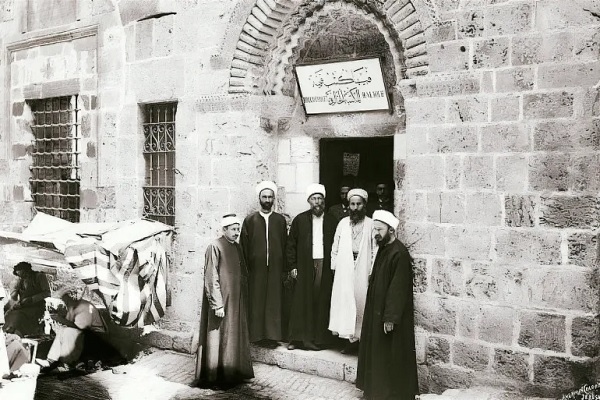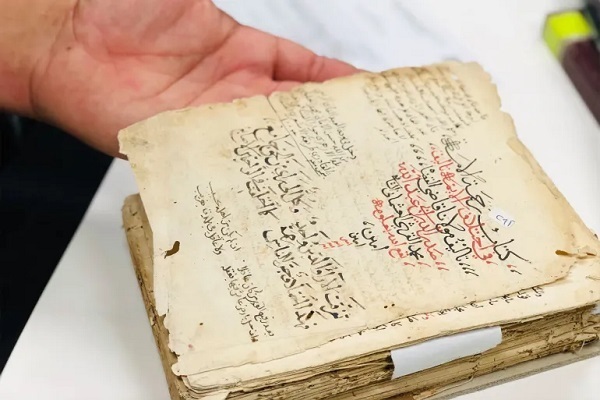A Quick Review: Sheikh Al-Khalili Library in Al-Quds

Established in 1727 by Sheikh Muhammad Al-Khalili, a prominent 18th-century scholar and jurist, the library houses an impressive collection of 7,000 books, including 500 rare manuscripts, spanning 20 disciplines of science and the arts.
Nestled within the Quds Municipality School near the northern entrance to the Al-Aqsa Mosque compound, the library originally operated under the Mamluk dynasty.
Initially stored in the Islamic Museum’s safekeeping chests, the collection was later relocated to the Al-Aqsa Mosque Library in 1776, where it remained until the manuscripts were fully cataloged. Today, it resides in the Quds Municipality School, accessible to students and researchers.
Read More:
Sheikh Muhammad Al-Khalili intended the library to inspire a culture of education and intellectual movement among Al-Quds’s residents.

As recorded in the book AL-Quds During the Ottoman Era by Ahmad Hussein Abduljuburi, Al-Khalili established strict guidelines for preserving and managing his library. These rules, innovative for their time, served as a precursor to modern public library standards. The rules included:
No Sale or Donation: Books were prohibited from being sold, donated, or pledged as collateral. They could not be gifted to officials or exchanged under any circumstances.
Book Protection: The caretaker was responsible for maintaining the books, with repairs and binding funded through dedicated endowments.
Restricted Lending: Books could only be loaned to students of high repute or residents adhering to the four Sunni schools of jurisprudence. Complete volumes were not to be lent, and borrowers were required to return books promptly after use.
Sheikh Al-Khalili, a merchant-turned-scholar, was known for his deep piety and intellectual contributions.
After moving to Al-Quds in 1692, he taught Islamic jurisprudence and delivered lectures at the Quds Municipality School and the Al-Aqsa Mosque.
Read More:
Appointed as the Shafi’i mufti of Al-Quds, he also authored notable works, including Al-Fatawa Al-Kubra (The Major Fatwas) and Al-Fatawa Al-Sughra (The Minor Fatwas).
The Al-Khalili family continued to oversee the library's endowments and expand its holdings over generations. By the late 18th and early 19th centuries, the collection had grown significantly, with manuscripts primarily focusing on Islamic studies, Hadith, jurisprudence, Arabic grammar, history, and Sufism.
The library’s establishment also influenced subsequent scholars and collectors to contribute their own books and manuscripts, further enriching its collection.
4255284



